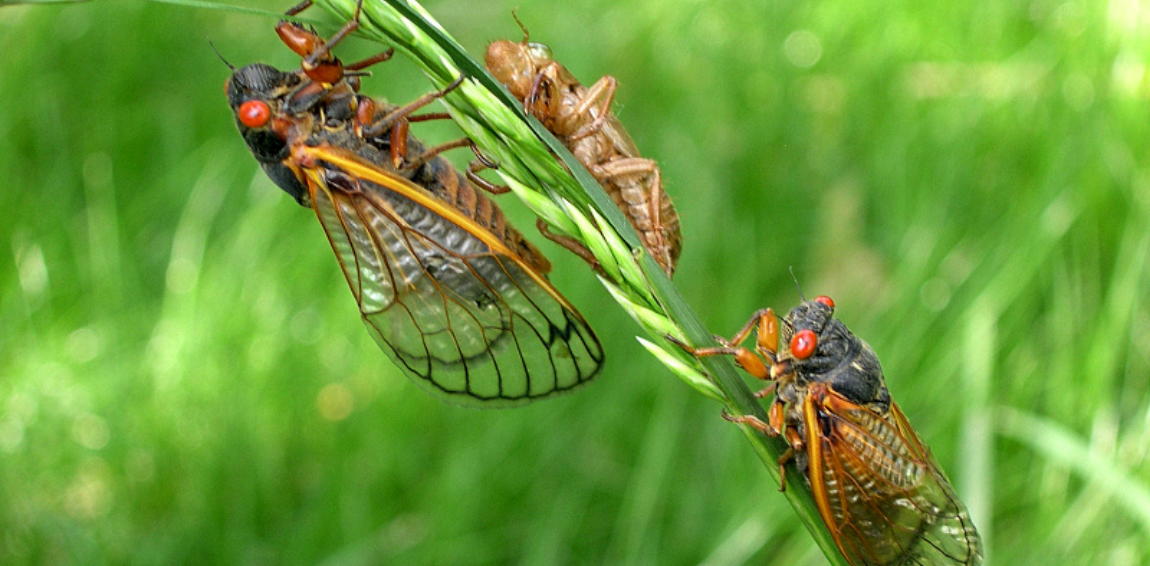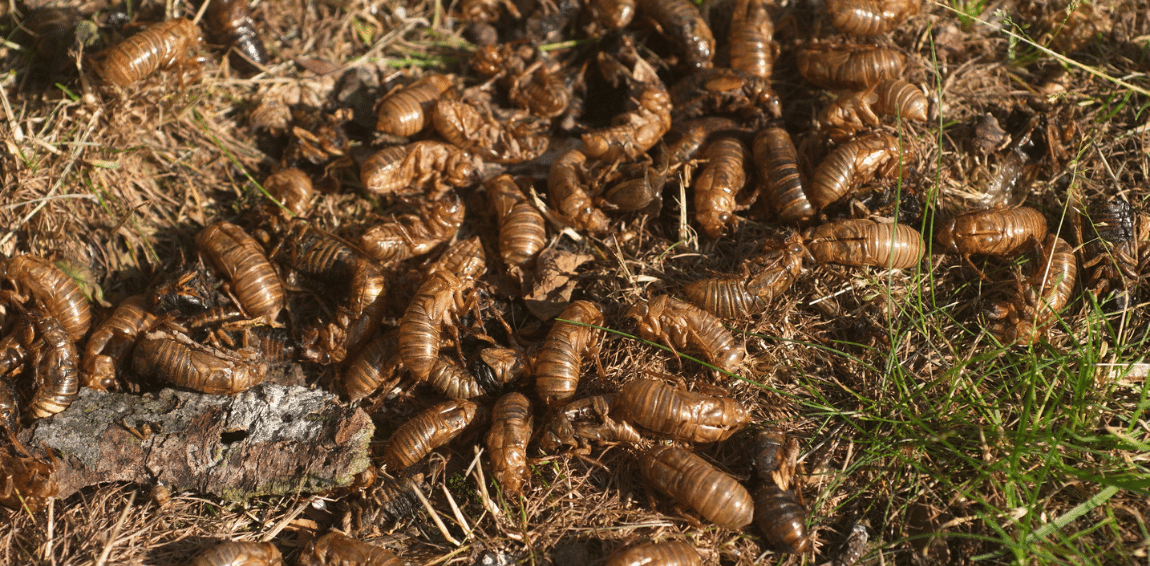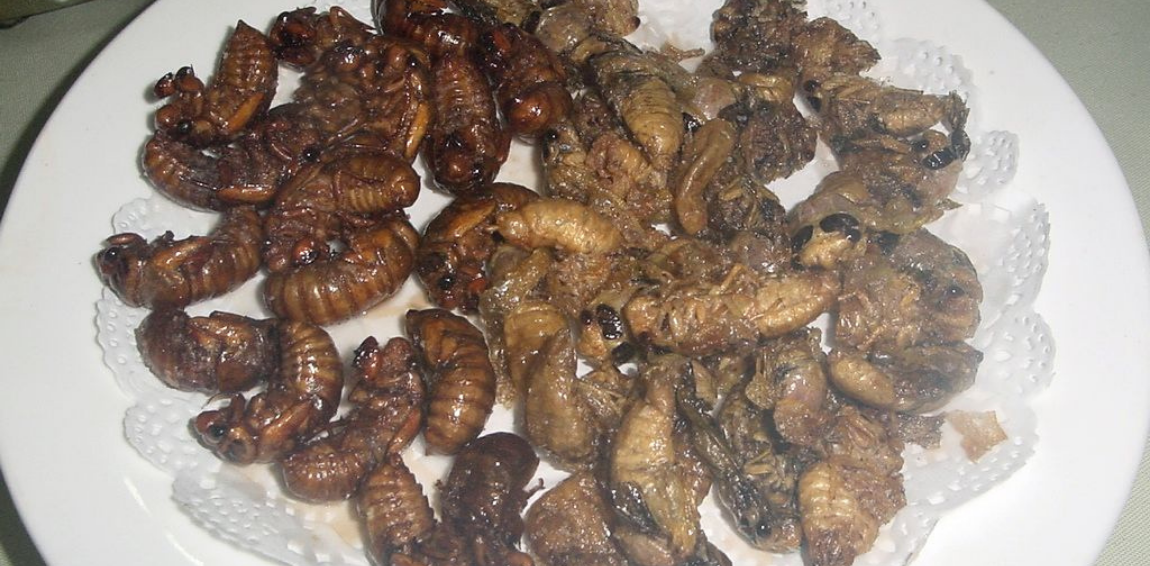Seafood allergies can be quite severe, resulting in anaphylactic shock and even death. That is why it is so important for people to heed the warning from the US food and drug administration (FDA) when it comes to eating cicadas.
Even though it may seem as if cicadas provide an almost endless source of nutrition at this time, they are closely related to shrimp and may trigger a reaction and those who have seafood allergies.

According to a post on the official FDA Twitter account: “We have to say it. Don’t eat #cicadas if you’re allergic to seafood as these insects share a family relation to shrimp and lobsters.”
When an individual with an allergy eats shellfish, typically shrimp, it can trigger a severe allergic reaction. Vomiting and diarrhea, hives, shortness of breath, and other symptoms can cause serious problems. In other words, don’t plan on munching down on any cicadas or you could be in trouble.

According to The Atlantic, cicadas taste somewhat like shrimp and are best when they are air-fried. Some restaurants in the areas where cicadas are abundant are providing them as a protein source and making them available roasted, grilled, and chocolate-coated.
Brood X cicadas are alive and doing quite well in 2021. They have come out of their 17-year slumber by the billions, causing quite a stir and a lot of noise. The potential allergic reaction from eating a cicada is only the tip of the iceberg.

Massospora cicadina is a fungus that has caused some serious problems this year within the cicada community. They spread from one cicada to another through sexual contact and are turning those flying critters into “flying salt shakers of death.” It is yet another reason why you would want to avoid having any on your dinner plate.













